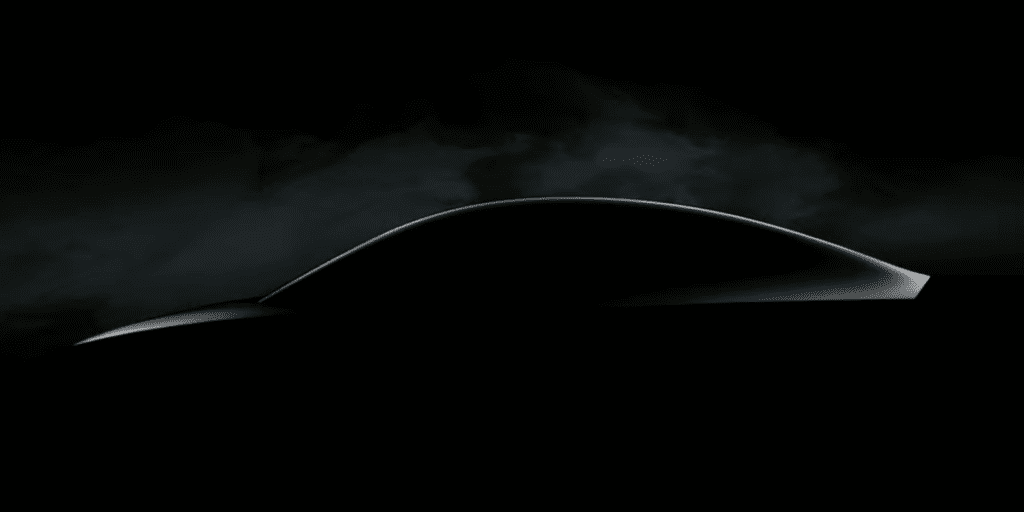Tesla CEO Musk Teases Two New Models, Admits Cybertruck Is ‘Hard to Make’

At Tesla’s 2023 Annual Shareholders Meeting, CEO Elon Musk talked Cybertruck troubles, the state of “Full Self-Driving,” and, potentially, advertising in the future.Tesla is working on two new products, and Musk said he guesses that Tesla will build more than 5 million of them a year once they’re up to full production.It wasn’t all fanciful promises with fans. Musk said he expects the next 12 months to be economically challenging.
“I just wanna say I love you guys.”
Tesla CEO Elon Musk appeared on stage at the 2023 Annual Shareholders Meeting, shaping a heart with his hands and sending it out to the cheering crowd at the automaker’s Austin, Texas, facility. The two-hour event—complete with a denial the company uses child miners and big promises about the future—gave Musk a chance to update his fans and the rest of the world on the electric vehicle company’s progress.
For one thing, Musk promised that the Cybertruck will, for real, actually start deliveries later this year. Previously, Musk promised that the first Cybertruck deliveries would begin in 2021, but this was pushed back to 2022 and, now, 2023. Tesla won’t deliver the Cybertruck in volume this year, but it has scheduled an official first delivery event for the third quarter. Musk admitted that the company has come up against problems producing the all-electric truck.
This content is imported from youTube. You may be able to find the same content in another format, or you may be able to find more information, at their web site.
“Extremely Non-Trivial to Build the Cybertruck”
“The Cybertruck is a hard car to make because it’s such a radically new design you can’t just use conventional methods of manufacturing,” he said. “We had to invent a whole new set of manufacturing techniques in order to build an exoskeleton-based car instead of an endoskeleton-based car. It’s extremely non-trivial to build the Cybertruck.”
Musk has made similar promises about when Tesla’s Full Self-Driving technology—which the company makes clear is not fully self-driving, but it insists on keeping the name—will be fully operational. While Musk and Tesla have been saying “complete autonomy” is coming soon for more than five years, all those missed deadlines didn’t stop Musk from once again promising that FSD technology is right around the corner.
Musk at the initial unveiling of the Cybertruck.
FREDERIC J. BROWN|Getty Images
New-Product Promises
Talking optimistically about Tesla’s future lineup, Musk promised “two new products that I think you will be very excited about.” Still, he didn’t specify what those are other than to say that the design and manufacturing techniques of those products are “head and shoulders above anything else in the industry.” Musk said, “We are already building a new product,” and he expressed his guess that these two models will sell 5 million units a year.
Ads for Tesla?
A two-way-adulation-slash-question-and-answer session led to a few news items, including that Tesla might start paying for advertising. For years, Tesla has paid people to promote its vehicles through a referral system, and Musk has pushed advertising-like messages on social media. Still, the company has not run any mainstream print or digital advertising.
“We’ll try a little advertising and see how it goes,” he said in Austin, agreeing with a fan who said more people should know about Tesla’s features and prices. Starting to advertise could also signal that the automaker is responding to challenging times.
“Tesla is not immune to the global economic environment,” Musk said. “I expect things to be, just at a macroeconomic level, difficult for at least the next 12 months.”
This content is imported from poll. You may be able to find the same content in another format, or you may be able to find more information, at their web site.

Contributing Editor
Sebastian Blanco has been writing about electric vehicles, hybrids, and hydrogen cars since 2006. His articles and car reviews have appeared in the New York Times, Automotive News, Reuters, SAE, Autoblog, InsideEVs, Trucks.com, Car Talk, and other outlets. His first green-car media event was the launch of the Tesla Roadster, and since then he has been tracking the shift away from gasoline-powered vehicles and discovering the new technology’s importance not just for the auto industry, but for the world as a whole. Throw in the recent shift to autonomous vehicles, and there are more interesting changes happening now than most people can wrap their heads around. You can find him on Twitter or, on good days, behind the wheel of a new EV.



